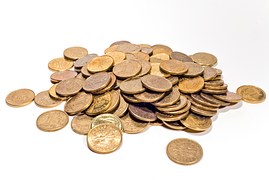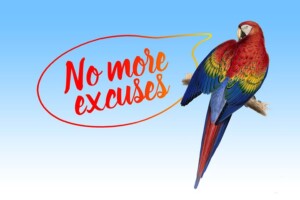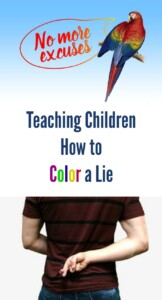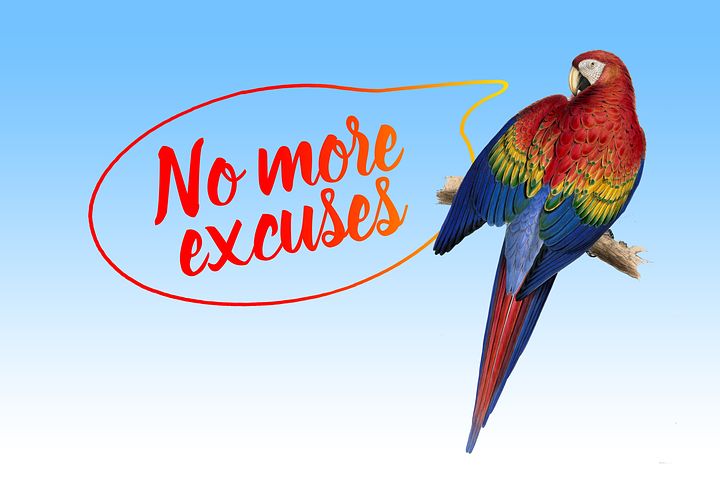Teaching Children How to Color a Lie

Is honesty a pain?
My mother did not lie. In fact, she was so honest that it hurt. When she gave me a bill for something she’d purchased for me, it was itemized down to the last penny. Who cares about a penny – or two – or three?
Did it really matter when my bill was $12.97 and I gave her $13.00? Oh yes, it mattered. She was not going to be owing me a measly three cents. It would have kept her awake that night. When I owed her $20.01, I knew better than to offer her a twenty dollar bill and expect it to be even. I better be handing out that measly penny, because that was what I owed.
Mama was the same when it came to telling the truth. She never, ever told us an untruth. She might not have divulged all the information she knew because she believed in keeping confidences, but she was not going to be dishonest doing it. If I asked a question that she thought the information I wanted was out of line or digging where I didn’t belong, she said so. Mama wasn’t above telling us that it really wasn’t our business and it was time to stop asking. When that door was shut, we knew better than to keep pounding on it, because it wasn’t going to open again.
 A lie is a lie is a lie
A lie is a lie is a lie
No matter how you color it, a lie is still a lie. A white lie might not seem as bad as a black lie, but it’s still a lie. It’s like owing those pennies. For some reason, some parents think it’s okay to tell a white lie even though they would never, ever tell a black lie.
They especially think it’s okay to be dishonest to their kids. Sometimes parents tell an untruth because they don’t want to deal with the fallout of a child finding out the truth. There are times parents don’t think they have time to explain the truth (really?!). Sometimes they’re too embarrassed to tell the truth, so they fudge – just a little, you know. As if that makes it okay.
Don’t expect honesty when . . .

We can’t expect our children to be truthful to us or to others when they see us model that white lie so well. Our children know what’s going on in their lives, and when they hear an adult fudge the truth about what they know isn’t truth, we are giving them permission to be dishonest as well.
I’ve watched parents lie to their children or to other adults in front of their own children. Then, a day or two later I’ve heard the same parent say, “Tell me what you did. Now don’t you dare lie to me!”
The temptation to be dishonest comes right from the garden of Eden. Our children don’t need any encouragement in that department. What they need, instead, is parents and other adults in their lives who are as honest as the day is long – even if it means paying out that extra measly penny because that is what is owed.








